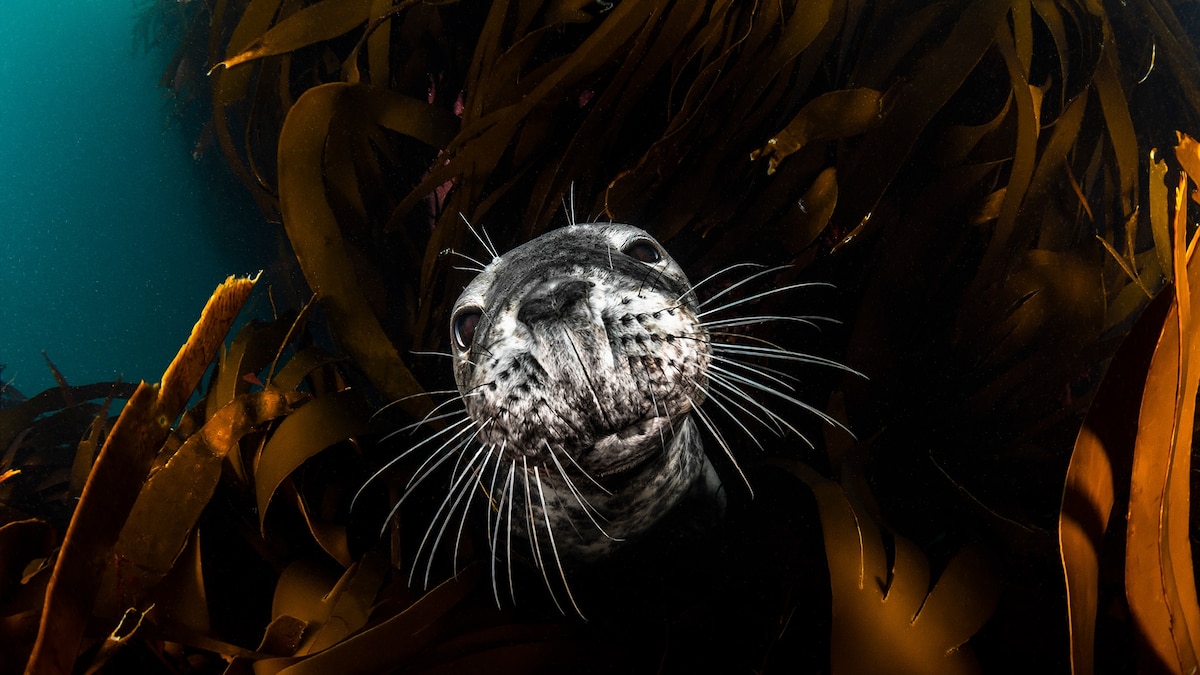Now Reading: How Seals Perfectly Time Their Breath Underwater
-
01
How Seals Perfectly Time Their Breath Underwater
How Seals Perfectly Time Their Breath Underwater

### Speedy Summary
– A study in scotland reveals gray seals can detect oxygen levels in thier blood and adjust diving behavior accordingly, contrasting with most mammals that rely on CO2 levels to signal breathing needs.
– Researchers used controlled experiments involving a swimming pool and a breathing chamber modified with varying oxygen and CO2 levels.
– Seals extended dive times when higher oxygen was available, indicating awareness of their blood’s oxygen composition and ability to respond adaptively.
– Human free divers may experience blackouts due to reliance on CO2, unlike seals, whose respiratory response appears distinct from terrestrial mammals.
– The findings also suggest other marine animals may share similar abilities, supported by parallel behaviors observed in ducks, turtles, and crocodiles.

*Photograph By Greg Lecoeur, Nat Geo image Collection.*
### Indian Opinion analysis
This research into the physiological capabilities of gray seals sheds light on the adaptive marvels of marine life. It presents intriguing prospects for advancing human understanding of biodiversity beneath the ocean’s surface. India-a nation with considerable coastal boundaries-may find value in such studies to better protect its rich marine ecosystems while supporting scientific innovation. Enhanced knowledge about aquatic physiology could inform conservation strategies for India’s endangered species like river dolphins or sea turtles.
Additionally, these findings are relevant globally but hold specific implications for India’s emerging industries such as underwater exploration or aquaculture. Unraveling how other diving species adapt might inspire biomimicry technology applicable to safety equipment or underwater operation protocols-a development aligned with India’s push toward enduring technological growth.
For more details: [Read More](https://www.nationalgeographic.com/animals/article/seal-dive-drown-blood-oxygen)

























